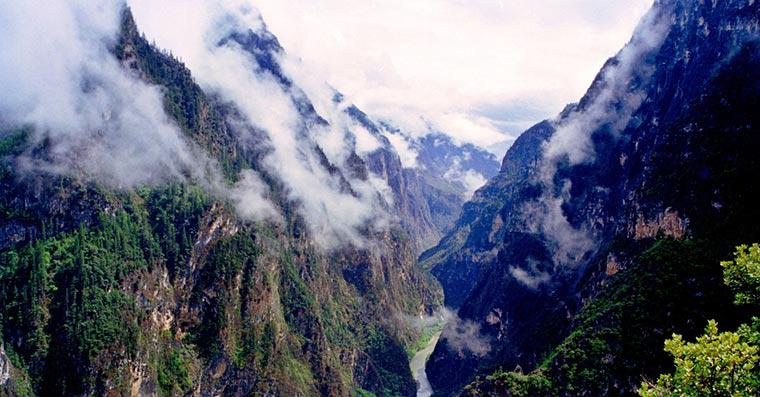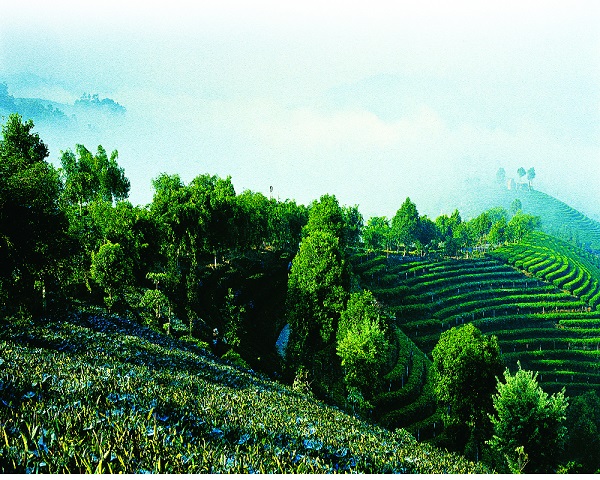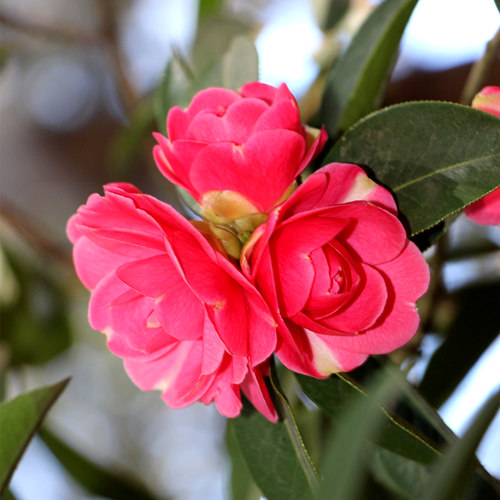
Detailed Introduction to Mengzi City of Honghe Prefecture
Overview
Mengzi City (蒙自市), the capital of Honghe Hani and Yi Autonomous Prefecture in southeastern Yunnan Province, is a historically rich and culturally vibrant city that plays a central role in the economic, political, and transportation landscape of southern Yunnan. As one of the core cities along the China–Vietnam economic corridor, Mengzi is both a modernizing urban center and a region deeply rooted in tradition and ethnic diversity.
Geography and Climate
Mengzi is located in the southern part of Yunnan, close to the Vietnam border. It lies on the Yunnan-Guizhou Plateau, surrounded by low mountains and hills, and features the scenic South Lake (南湖) in its urban center.
Latitude: Approximately 23.3° N
Altitude: ~1,300 meters
Climate: Subtropical plateau monsoon climate
Average Annual Temperature: ~18°C (64°F)
Rainy Season: May to October
The city enjoys mild winters and cool summers, making it a comfortable year-round destination.
Historical Significance
Mengzi has historically served as an administrative and trade center since the Qing Dynasty. In the early 20th century, it became a major customs station and international trade port due to the construction of the Yunnan–Vietnam Railway (Kunming–Haiphong Railway), linking it directly with Vietnam and beyond.
Its colonial-era architecture, especially French-style buildings, still stands today, offering a unique glimpse into its semi-colonial past.
Ethnic and Cultural Diversity
Mengzi is home to a variety of ethnic groups, including the Han, Hani, Yi, Miao, and Zhuang, among others. The Hani and Yi cultures are particularly prominent due to Mengzi’s role as the seat of Honghe Prefecture.
Festivals:
Torch Festival (Yi People)
Hani New Year
Flower Street Festival
These events are characterized by vibrant costumes, dances, and traditional rituals.
Economic and Strategic Importance
Mengzi is a key city within the “Belt and Road Initiative” and Pan-Asian Railway network. With the opening of modern expressways and the China–Vietnam railway, it has become an important trade hub between China and Southeast Asia.
Mengzi Border Economic Cooperation Zone supports cross-border trade.
Key industries:
Food processing (especially ham and rice noodles)
Wine production
Cross-border logistics
New energy and green development zones
Key Attractions
South Lake (南湖)
A serene lake surrounded by traditional pavilions and gardens, popular with locals and tourists alike.
Former French Concession and Customs Office
Colonial-era buildings that tell the story of Mengzi’s role as a trade center in the early 20th century.
Yunnan-Vietnam Railway Sites
Historic railway infrastructure, including stations and tunnels, part of the Kunming–Haiphong Railway.
Bisezhai Station (碧色寨站)
A preserved railway town and important cultural site that once served as a critical junction along the Yunnan–Vietnam route.
Ethnic Villages
Villages of the Hani, Yi, and other ethnic groups offer insight into traditional architecture, customs, and agricultural practices, including terraced farming.
Famous Local Food
Crossing-the-Bridge Rice Noodles (过桥米线): Said to have originated in Mengzi.
Mengzi Ham (蒙自火腿): Cured using traditional methods, with a unique flavor and long shelf life.
Stone Pot Fish (石锅鱼): Popular among locals and tourists.
Education and Research
Mengzi hosts several academic institutions, including branches of Yunnan universities and vocational colleges, particularly those focused on language training, ethnic studies, and cross-border trade.
Transportation
High-Speed Rail: Mengzi is connected to Kunming and Hekou by modern trains.
Expressways: G80 Guangzhou–Kunming Expressway, making travel to major cities convenient.
Mengzi Airport (planned): In development to enhance regional connectivity.
Future Outlook
As part of the Greater Mekong Subregion (GMS) cooperation framework, Mengzi is projected to play a larger role in international logistics, border trade, and cultural exchange, bridging China and Southeast Asia through Yunnan.



